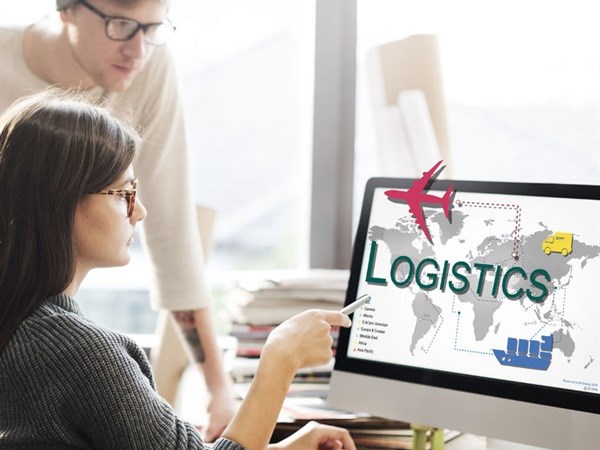Logistics is perhaps one of the industries that must adapt the most quickly with the continued and accelerated advancement of technology, especially considering that all the world's most innovative products and services require storage and transportation over great distances and within short time periods at some point.
“A few decades ago, the challenge was to transport fresh produce timeously without damage or compromise,” says Detlev Duve, managing director of DACHSER South Africa. “Today, complex and highly sensitive medical equipment must be transported across diverse terrains. Mega-production systems that weigh more than 50 tons must be driven to ports and safely shipped. And hazardous but necessary chemicals used in modern solar thermal power plants must be transferred from European warehouses to remote African power plants, thousands of kilometres away.”
Economists believe that a new Industrial Revolution is underway. Labelled 4.0, it has given rise to extensively networked, autonomous production lines used in smart factories around the globe. These lines can produce extremely high quantities or, conversely, individual products or single items. This flexibility is a fundamental departure from traditional production lines and requires supply chains, and the requirements from logistics providers, to be redefined. “Transport from A to B is only aspect of a multidimensional supply chain,” says Duve. “At DACHSER, we have implemented advanced systems to anticipate - and meet - the multidimensional needs that arise.”
The reconciliation of logistics and IT is termed “cyber-physical systems” or CPSs, which seek to intelligently link the real and virtual worlds of logistics. In other words, as goods flow through fully developed physical networks, they are mirrored by networked information and data flows. DACHSER makes sound use of the digital flow of goods model in their logistics systems. In fact, the teams at DACHSER believe that their crucial offering has been the ability to adopt digital processes.
Locally, DACHSER South Africa customers making use of their warehousing and added value services are now able to register, log in and track their inventory and shipments, real-time. An electronic data exchange platform is used to exchange important information with the customer. Online supply chain management systems enable the company to precisely control each individual shipment, from pick-up to delivery.
Duve says, “We are committed to harnessing the power of technology and to finding innovative ways to provide fulfillment and last-mile delivery services. This way, clients can focus on the evolving technologies that impact how they produce their goods, while we seamlessly take care of their logistics.”






































